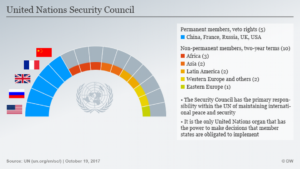In college, I like to say “Everything is a group activity” where many events like Oktoberfest, Springfest, or Red Out Football games are all meant to bring everyone together. Which is done in good faith, however, this has one major downside. That many students don’t find a space within our group. Most of the time what goes overlooked is that our group “Dickinson College” is made up of so many subgroups that tend to not mingle. In between you have those who haven’t found their space, those scared to spread out, or those who are made to feel unwelcome. Many tend to not bat an eye on these individuals creating a large problem. They are left in the background, causing many students to feel forgotten, lonely, sad, and even angry. Whereas other students, with larger groups or connections, can take full advantage of activities, having a better experience. On top of this, those within the larger groups usually feel more welcome to join other social clubs like MOB or have enough support to be elected to positions in the student senate. This leaves those within larger groups to have more influence in planning and creating events, tailoring them to what they and those they know like, and creating an atmosphere where they feel most comfortable attending. In a way, this translates to international politics tending to focus on larger states and not the smaller ones, leading to states being pushed to the background of the discussion.

When it comes to the idea of an “other state”, many don’t come to mind, which is exactly my point. There are many international organizations such as the United Nations which are created to help mediate and hold accountability between states. However, there is obvious favor to states that are larger or who have more connections than smaller states. The states: USA, China, France, the UK, and Russia, are all afforded permanent spots on the UN Security Council along with veto power. There are another 10 spots left for other countries, but these seats are not permanent, and come with no veto power. These seats have to be revoted every 2 years, leaving 193 states within the UN assembly to fight for 10 spots. Many states are not able to be a part of this committee, and the majority of those who are on the committee are not afforded special privileges. This has caused many states like Tonga, Samoa, etc.. to have never been given a chance to sit within the security council. This coupled with the permanent members’ ability to veto resolutions or decisions just further pushes back the participation and voices of smaller states. This could become a problem as those who are pushed down tend to revolt, however, it would not matter since most smaller states can not compare to the strength of the larger ones.
Overall, smaller states are given little platform and are usually overshadowed. If asked “What do you think of Tonga?” many would say “I didn’t even know it existed”. On the flip side, almost everyone has an opinion of the US, Russia, or China. As they are the ones who dominate and are heard within international relations. This is interesting to see as this dynamic created is not too far off from the one here at Dickinson.